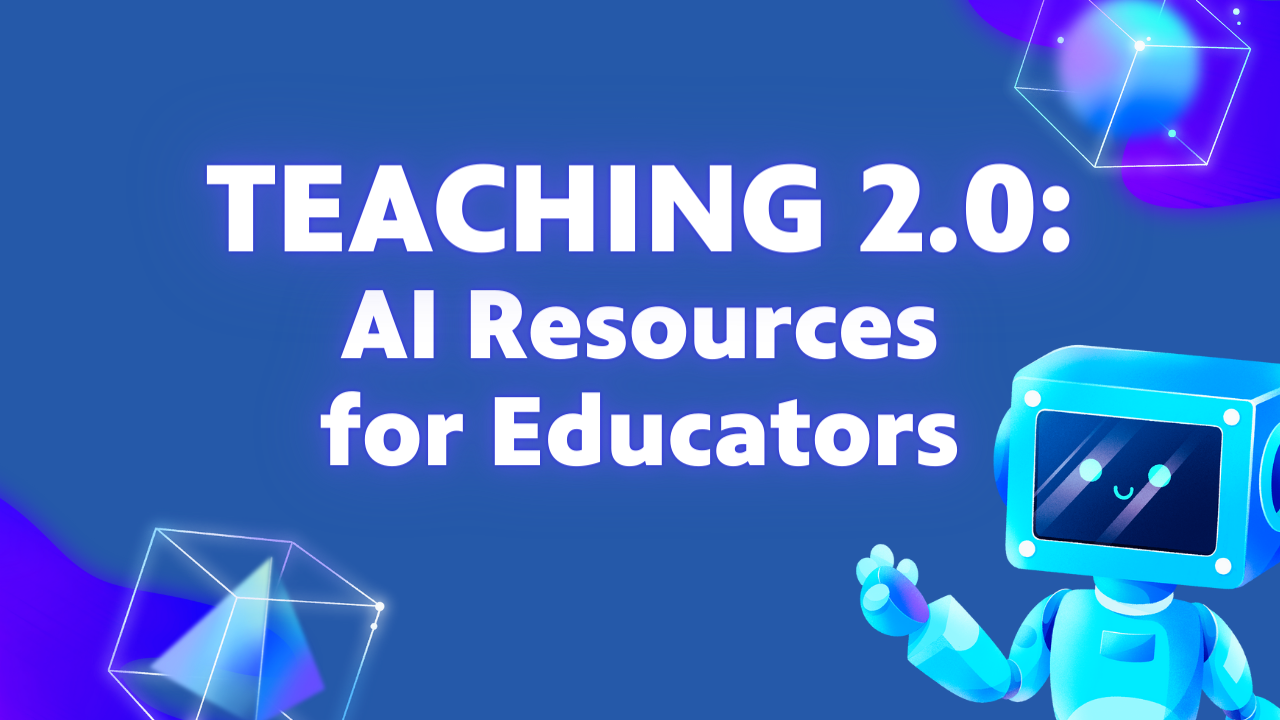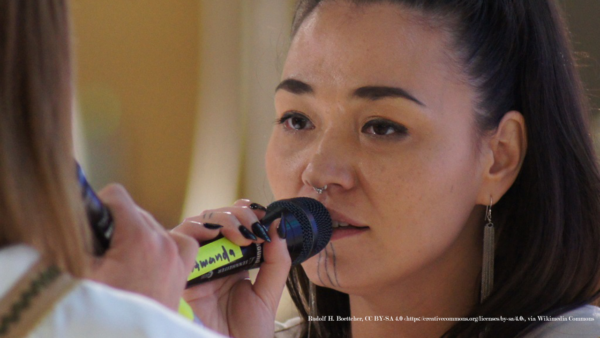
Teaching 2.0: AI resources for educators
March 26, 2024
Happy spring, Superheroes! In the rapidly evolving landscape of education, integrating Artificial Intelligence (AI) resources into teaching practices has become increasingly important.
While the thought of figuring out how to use AI may seem daunting and expensive, teachers in secondary and higher education can leverage the power of AI to enhance their instructional practices, engage students more effectively, and ultimately contribute to a more dynamic and adaptive learning environment.
Here are four opportunities to explore some of these valuable AI resources.
AI-powered discussion platforms
One innovative tool that can be used to promote dynamic and thoughtful class discussions is Packback. This AI-powered discussion platform uses machine learning algorithms to facilitate online discussions among students. Packback not only encourages critical thinking and curiosity, but also provides real-time feedback to students on the quality of their discussion posts. With its automated moderation, Packback helps maintain a positive and constructive discussion environment, allowing teachers to focus on guiding and enriching the discourse.
While Packback is a paid service, its unique approach to fostering engaging and AI-enhanced discussions makes it a worthwhile investment for educators seeking to elevate the online learning experience in secondary and higher education. It can also be incorporated into a Canvas course for easy accessibility. How neat is that?
Adaptive learning platforms
Adaptive learning platforms like Khan Academy and Quizizz offer personalized learning experiences for students. These platforms utilize AI algorithms to assess individual student progress and tailor content accordingly.
Teachers can use these platforms to supplement their lessons, provide additional practice, and gain insights into student performance. Personally, I’ve had great success in using Khan Academy to further enrich my students’ learning experience, especially with more difficult biology concepts like the Central Dogma.
Automated grading systems
Grading essay after essay can be exhausting, especially when you’re teaching multiple classes and trying to provide useful and personalized feedback. AI-powered grading systems, such as Gradescope, can significantly reduce the time spent on assessing assignments.
This tool uses machine learning to evaluate written responses and multiple-choice questions, providing teachers with more time to focus on personalized feedback and instructional improvement. While I haven’t had the opportunity to use either of these programs yet, I’ve heard great things about this program from fellow superheroes, especially since it’s powered by Turnitin.
Virtual labs and simulations
Lab work is an integral part of STEM education, but physical labs can be expensive and sometimes time-consuming. AI-driven virtual labs and simulations, such as Labster and PhET Interactive Simulations, are great resources to use, as these platforms allow students to conduct experiments in a virtual environment. These tools enhance their understanding of complex scientific concepts while also providing educators with more time to cover more material in class. Additionally, PhET provides teachers with access to resources for teaching with simulations and activities shared by other educators. It’s a win-win!
With an array of free and affordable tools, there are tons of options available that can enhance the teaching and learning experience in your classroom without breaking the bank. Embracing these accessible AI tools ensures educators are well-equipped to navigate the ever-evolving landscape of education without compromising on quality.
How will you use AI to further enhance your teaching superpowers? Let us know at Arizona PBS KIDS on Facebook!
About the author
Ashley Burkart is a Senior STEM Teacher at Bioscience High School in Phoenix. STEM research was her first passion as she holds a Masters in Biomedical Science from Midwestern University. When she isn’t teaching tomorrow’s leaders, she is either hanging out with her dogs, Raven and Bailey, or hiking the beautiful mountains of Arizona.























